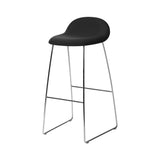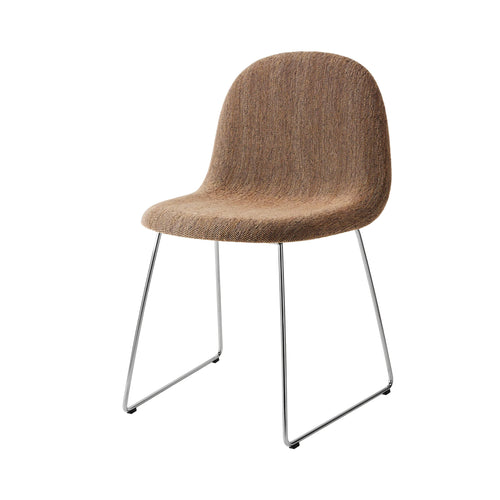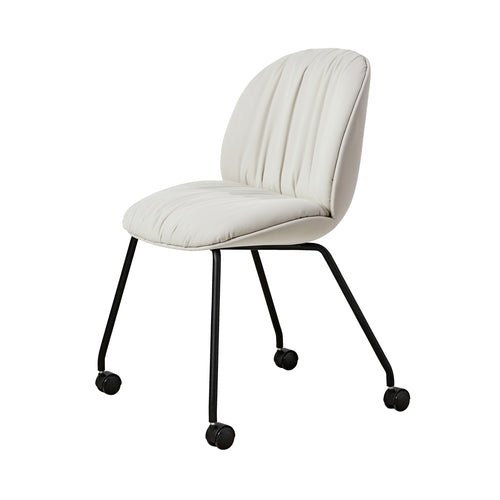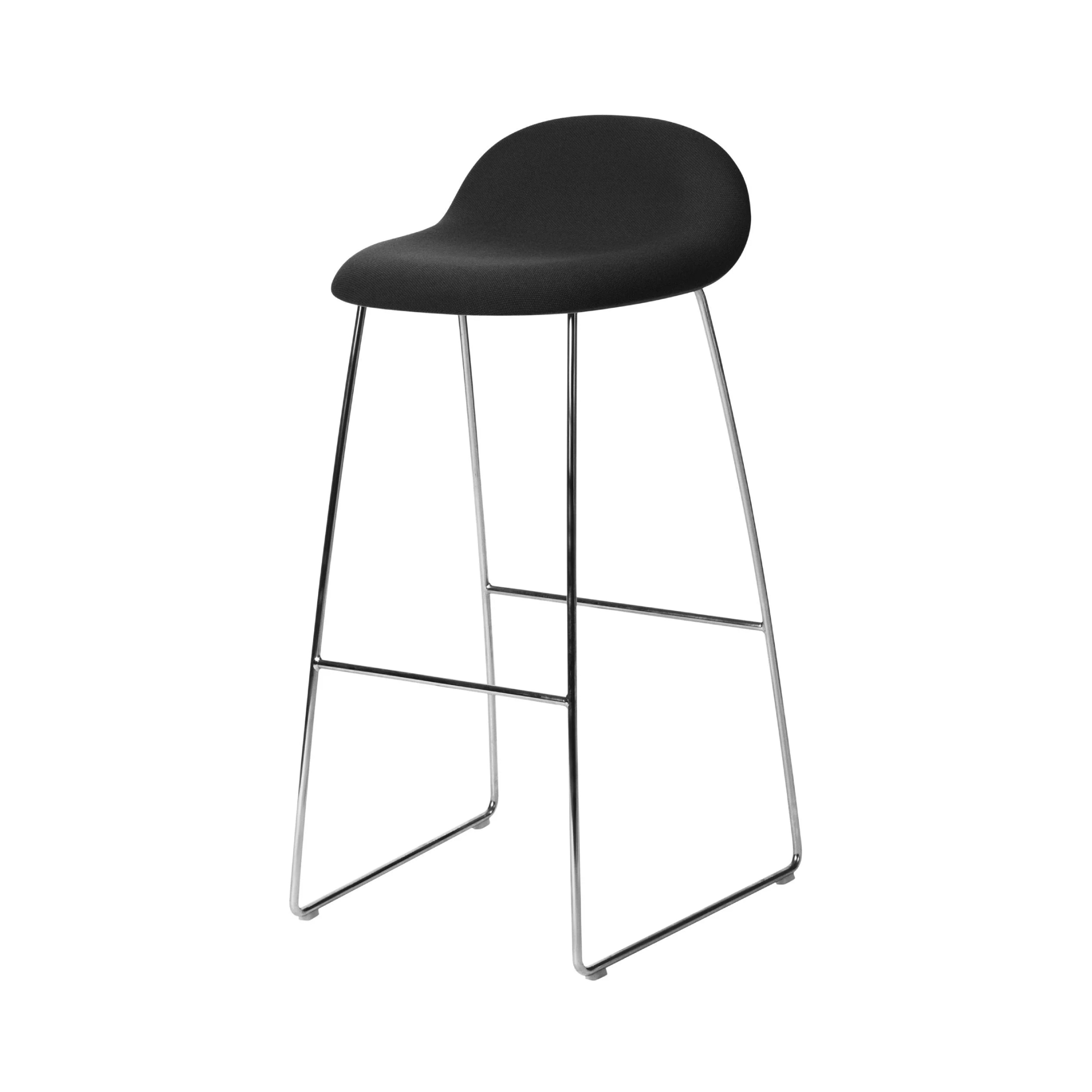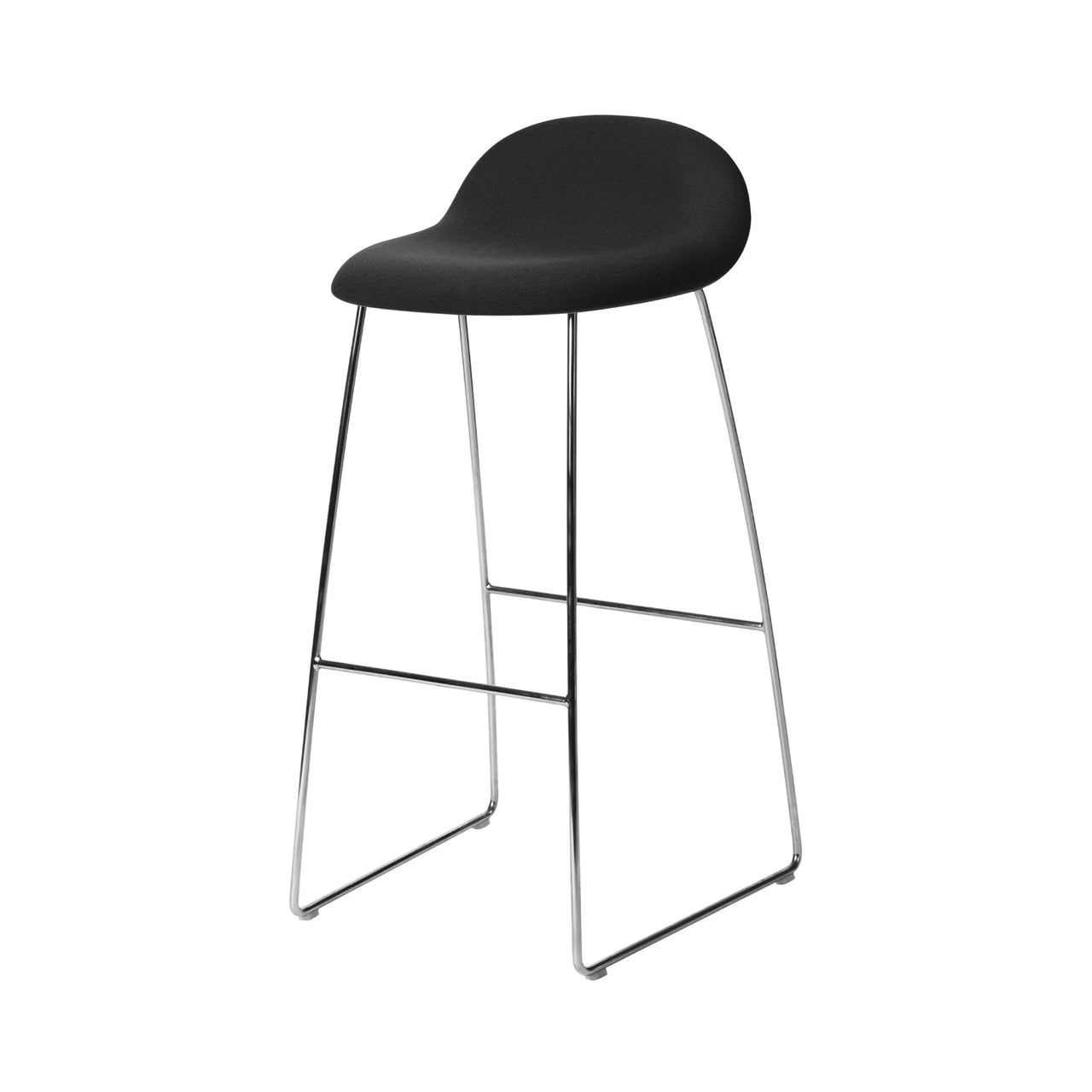
3D Counter Stool Sledge Base: Plastic Shell + Front Upholstered
$561.75
–
$1,049.25
$749
–
$1,399
$561.75
–
$1,049.25
$749
–
$1,399
$561.75
–
$1,049.25
$749
–
$1,399
$561.75
–
$1,049.25
$749
–
$1,399
$561.75
–
$1,049.25
$749
–
$1,399
$561.75
–
$1,049.25
$749
–
$1,399
$561.75
–
$1,049.25
$749
–
$1,399
$561.75
–
$1,049.25
$749
–
$1,399
$561.75
–
$1,049.25
$749
–
$1,399
$561.75
–
$1,049.25
$749
–
$1,399
$561.75
–
$1,049.25
$749
–
$1,399
$561.75
–
$1,049.25
$749
–
$1,399
$561.75
–
$1,049.25
$749
–
$1,399
$561.75
–
$1,049.25
$749
–
$1,399
$561.75
–
$1,049.25
$749
–
$1,399
$561.75
–
$1,049.25
$749
–
$1,399
$561.75
–
$1,049.25
$749
–
$1,399
$561.75
–
$1,049.25
$749
–
$1,399
$561.75
–
$1,049.25
$749
–
$1,399
$561.75
–
$1,049.25
$749
–
$1,399
$561.75
–
$1,049.25
$749
–
$1,399
$561.75
–
$1,049.25
$749
–
$1,399
$561.75
–
$1,049.25
$749
–
$1,399
$561.75
–
$1,049.25
$749
–
$1,399
$561.75
–
$1,049.25
$749
–
$1,399
$561.75
–
$1,049.25
$749
–
$1,399
$561.75
–
$1,049.25
$749
–
$1,399
$561.75
–
$1,049.25
$749
–
$1,399
$561.75
–
$1,049.25
$749
–
$1,399
$561.75
–
$1,049.25
$749
–
$1,399
$561.75
–
$1,049.25
$749
–
$1,399
$561.75
–
$1,049.25
$749
–
$1,399
$561.75
–
$1,049.25
$749
–
$1,399
$561.75
–
$1,049.25
$749
–
$1,399
$561.75
–
$1,049.25
$749
–
$1,399
$561.75
–
$1,049.25
$749
–
$1,399
$561.75
–
$1,049.25
$749
–
$1,399
$561.75
–
$1,049.25
$749
–
$1,399
$561.75
–
$1,049.25
$749
–
$1,399
$561.75
–
$1,049.25
$749
–
$1,399
$561.75
–
$1,049.25
$749
–
$1,399
$561.75
–
$1,049.25
$749
–
$1,399
$561.75
–
$1,049.25
$749
–
$1,399
$561.75
–
$1,049.25
$749
–
$1,399
$561.75
–
$1,049.25
$749
–
$1,399
$561.75
–
$1,049.25
$749
–
$1,399
$561.75
–
$1,049.25
$749
–
$1,399
$561.75
–
$1,049.25
$749
–
$1,399
Description
Front upholstery adds a customizing option to this counter-height stool with a remarkably stable sledge base in this 3D plastic version from Gubi. First developed for wood veneer, the breakthrough molding process from Komplot Design also produces a shell made of injection-molded HyRek, a next-level, partially recycled material. Featuring the same ultra-slim thickness of material, the edges turn gently inward while the seat’s ergonomic contours promise lasting comfort, clad in a choice of a fine textile or soft leather.
Specifications
Size
- 30.1" h x 17.3" w x 17.7" d (79x44x45cm)
- Seat height: 26.4" (67cm)
Material
Plastic, steel
Details
- Group A: Bonito, Hot Madison Reboot, Indianskop, Mica, Natte, Tempt, Leslie, Leslie Stripe, Valencia
- Group B: Alberobello, Ascendent, Canvas, Dandy, Dora Boucle, Flair Special Fr, Forli, Gaja Classic, Gubi Basic, Harp, Lorkey, Mumble, Remix
- Group C: Alouette, Boucle, Soft Leather, Smooth Leather, Hallingdal, Lupo Special Diagonal Boucle, Steelcut Trio, Vidar
- Group D: Acca, Acca Stripe, Karakorum, Libera, Paloma, Safire, Sunniva
- Group E: Svevo
- Group F: Alpaca Alto, Artemidor, Brescia, Chamois, Dunes, Triumph Crib5
- COM and COL are available on request
Brand
Gubi
Design is an unceasing continuum, believes this Danish house, now owned by a second generation. Owner and creative director Jacob Gubi Olsen inherited the helm from his parents Gubi and Lisbeth Larson, who founded the business to showcase their postmodern furniture. Under Jacob’s watch, Gubi added a global focus to its roots in Copenhagen, with a cosmopolitan array of furniture, lighting and interior objects.
Alongside 20th Century icons such as Robert Dudley Best and Greta Magnusson-Grossman, the design house has championed a new wave of design studios including GamFratesi, Space Copenhagen and OeO Studio. “I started out with two very strong designs, Bestlite—a Bauhaus collection designed in 1930—and Gubi Chair, designed in 2003. I felt they had something in common,” says Jacobs. “Iconic appearance, functional design, high quality, aesthetic design language and adaptable for many different kinds of interiors. I took these values as a guideline for any new designs added to the collection ever since.”
